We're in an era of political bombshells, so the disclosure of handwritten notes, taken by Justice Department official Richard Donoghue during former president Trump's conversations with acting Attorney General Rosen, were met with a shrug by many last week. But the notes shouldn't be so readily dismissed. Apart from the surprising twist that led to their disclosure—on the heels of a full reversal by the Department of Justice over whether they were protected by executive privilege—the notes are strong and direct evidence of what prosecutors call mens rea or Trump's culpable intent, which was always lackluster or missing from earlier evidence.
Let's unpack this. The notes make clear that AG Jeffrey Rosen told Trump during a call on December 27, 2020 that it would not be able to do anything to help Trump prevail in the election, that the Department "can't + won't snap its fingers + change the outcome of the election."
In response, Trump said that he understood, but he wanted the Department nevertheless to "just say the election was corrupt + leave the rest to me and the R. Congressmen."
In other words, despite AG Bill Barr (who had resigned by this point) informing Trump earlier in December that the Department had found no evidence of fraud, and despite a clear statement by his successor Rosen that the Department would not be stepping in to affect the election, Trump urged Rosen to say it was fraudulent anyway. In other words, he asked Rosen to lie for him so he could press forward with overturning the election. He even considered replacing Rosen with a stauncher ally should he refuse to play along.
That request to lie feels like a crime, and it turns out it could violate a few.
As a general matter, it is illegal to conspire to defraud the United States by interfering with normal governmental functions. When you plan then act to impair or obstruct the lawful functioning of government agencies—including Congress's duty to certify the electoral college results—that is a conspiracy. There's more than enough evidence to warrant an investigation to see who took part in such a plan to, for example, get the Justice Department to issue a false statement to instill doubt and induce members of Congress to vote against certification.
There's also the Hatch Act, which forbids a federal employee to "use his official authority or influence for the purpose of interfering with or affecting the result of an election." While presidents and vice-presidents are not covered by this, if they instruct or agree with others to do so, they could guilty of causing a violation by third parties. For example, if someone at the DoJ proposed to make a false statement about the Department's findings to help set up Trump and his cronies in Congress to overturn the electoral college count, this could be a violation. Instructing someone to do so would also be illegal, and now there's actual, direct evidence that Trump did just this in a call to his new Attorney General.
While the Hatch Act normally results in civil penalties and a firing or suspension without pay, there are criminal prohibitions as well that could apply to the former president. Title 18, U.S. Code Section 610, makes it a felony punishable by up to three years in prison for "any person to intimidate, threaten, command, or coerce, or attempt to intimidate, threaten, command, or coerce, any employee of the Federal Government…to engage in…any political activity." There's a good case that Trump, as the boss of Rosen, was commanding or attempting to command him to engage in "political activity"—namely, to plant a false flag about election fraud. ("Political activity" is defined as "an activity directed toward the success or failure of a political party, candidate for partisan political office"—so this would count.)
Then there's the broader crime of "Seditious Conspiracy" which lies at the heart of the ongoing investigation into the insurrection of January 6. To date, the charges and investigations have centered around the physical participants in the riot, including far-right groups such as the Three Percenters, Oathkeepers and Proud Boys, who are charged with conspiring to attack the Capitol. But was there a broad, related conspiracy afoot, where the former president and his allies in Congress would seek to illegitimately overturn the election, with the backdrop of a violent mob they knew or hoped would attack the building? We all suspected this, but again there is now some direct evidence.
Title 18 U.S. Code Section 2384 criminalizes "Seditious Conspiracy" and prohibits two or more individuals to "conspire to overthrow" or "by force to prevent, hinder, or delay the execution of any law of the United States." Similarly, Section 2385 imposes twenty year sentences on anyone who "knowingly or willfully advocates, abets, [or] advises [the] duty, necessity, desirability, or propriety of overthrowing or destroying the government of the United States" by force or violence, with added penalties for those who conspire to do the same.
The notes demonstrate that Trump was in cahoots with his Republican allies in Congress who would work with him to overturn the election if the Department of Justice would just help them with a false assertion. Among these allies were Rep. Mo Brooks of Alabama, who admitted to wearing body armor on January 6 when he spoke at Trump's rally at the Ellipse before the riot and insurrection. Brooks told Slate, "I was warned on Monday that there might be risks associated with the next few days. And as a consequence of those warnings, I did not go to my condo. Instead, I slept on the floor of my office. And when I gave my speech at the Ellipse, I was wearing body armor." He added with a grin, "That's why I was wearing that nice little windbreaker. To cover up the body armor." Congressional investigators and prosecutors are going to want to know who tipped off Rep. Brooks to the risk of violence at the Capitol, whether he shared that information with others, and why he did nothing to warn authorities.
Also among these allies was Rep. Jim Jordan, who can't seem to give a straight answer about what he and President Trump discussed, even on the day of the attack. Jordan originally had been appointed by Minority Leader Kevin McCarthy to the Select Committee to investigate January 6, but was removed by Speaker Nancy Pelosi, causing McCarthy to refuse to seat any of his picks. But as fellow Republican Rep. Liz Cheney who serves on the Committee noted, Jordan himself is a material witness because of his conversations with the former president leading up to January 6–conversations that he now professes he can't remember.
In the coming weeks, Congress likely will call many of these witnesses, including Rosen, Donoghue, and even certain Congressional allies of the former president, to testify about what he said to them in the weeks and days leading up to the attack. Trump permitted the release of the Donoghue notes without a legal fight, but it's not clear whether he will seek to delay testimony by Rosen and Donoghue, now that it's clearer how damaging those notes and conversations really are. His Congressional allies aren't likely to be cooperative either, meaning we can look forward to prolonged court fights to obtain their testimony—unless some agree in exchange for, say, some level of prosecutorial immunity to come forward.
In order for a criminal violation of the Hatch Act or a Seditious Conspiracy charge to stick to Trump, there would need to be very solid evidence of criminal intent. The notes are a tantalizing start, a hint that there may be a mountain of testimonial evidence now available to Congress and to prosecutors. But none of this is likely to come easily or quickly, so we should be prepared to sit back and let the process run its slow, painstaking course. Along the way, there will almost certainly be more bombshells. The question is, as always, whether they will prove enough for federal indictments to issue against the former president.

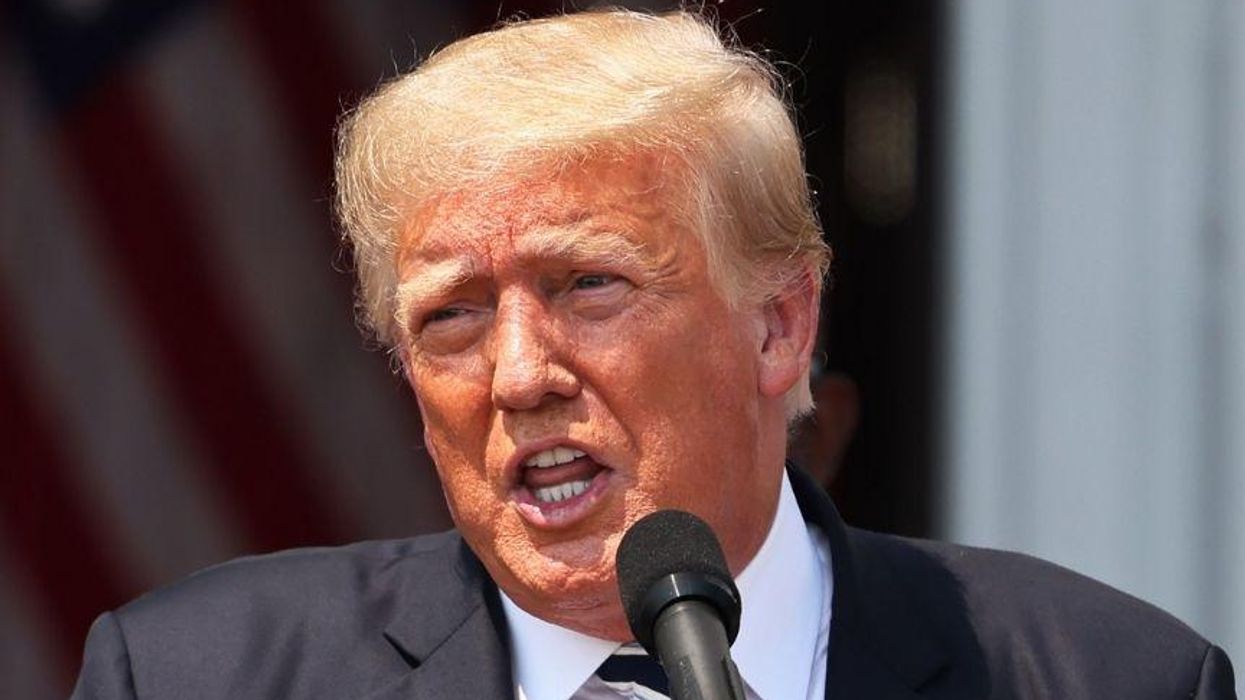


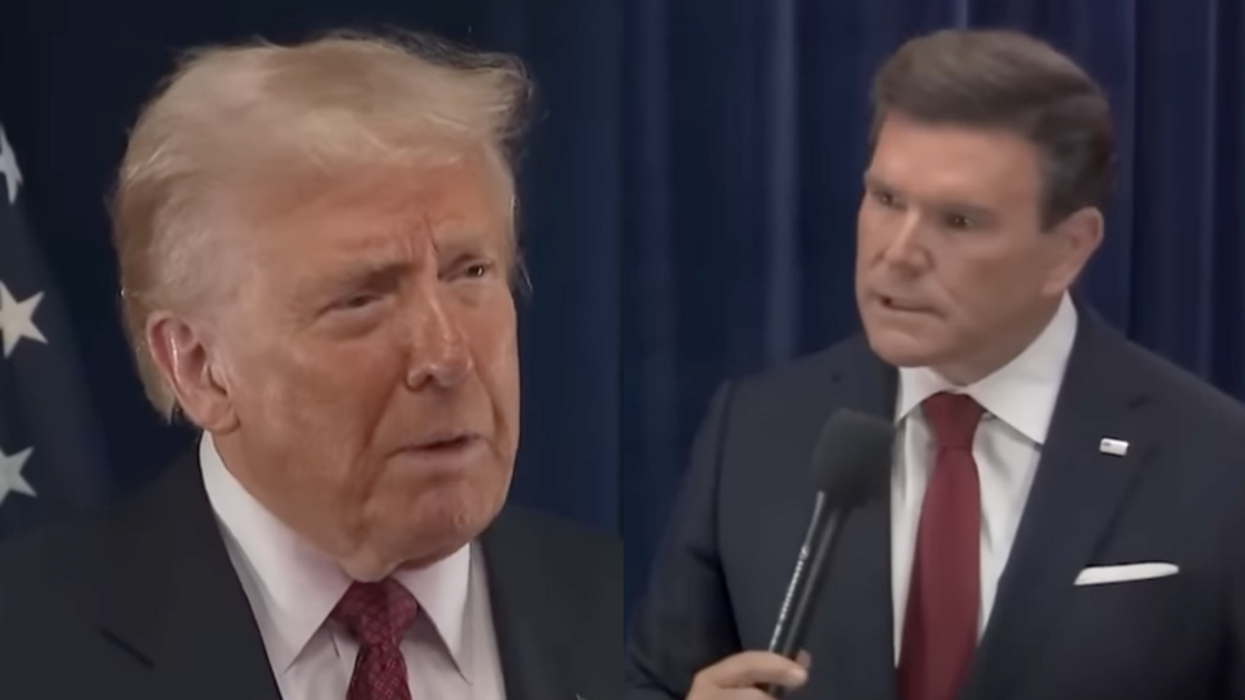

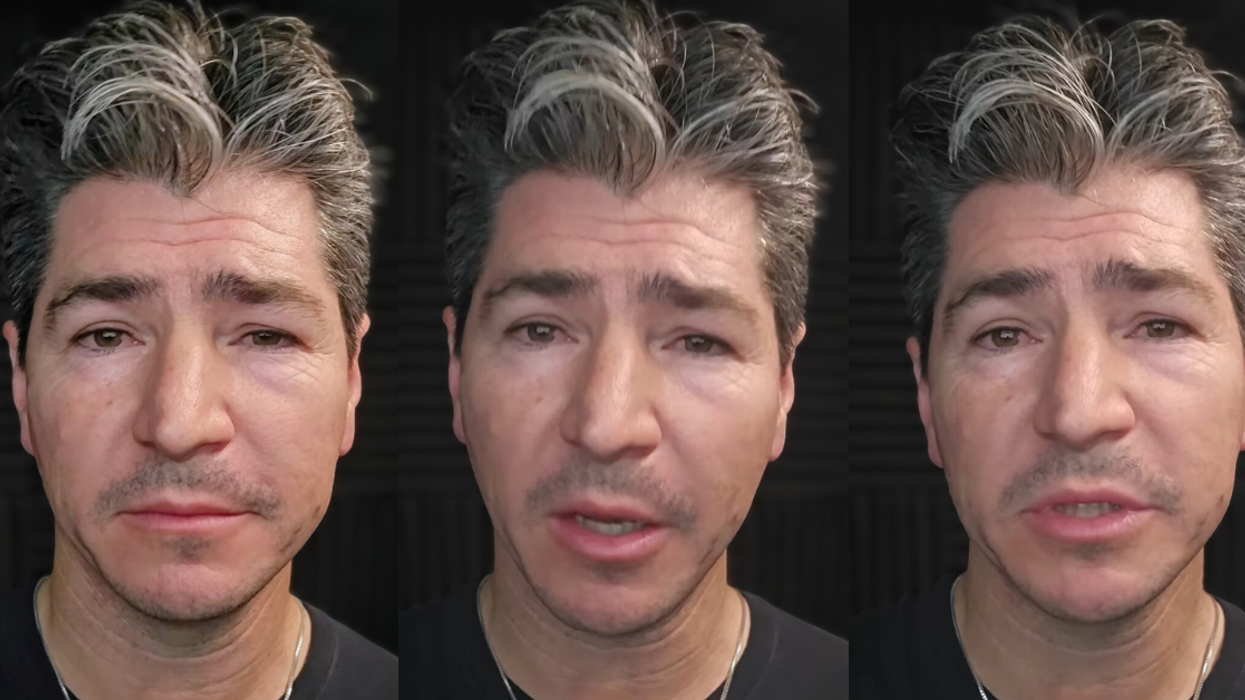
 @reelmfishman/Instagram
@reelmfishman/Instagram @reelmfishman/Instagram
@reelmfishman/Instagram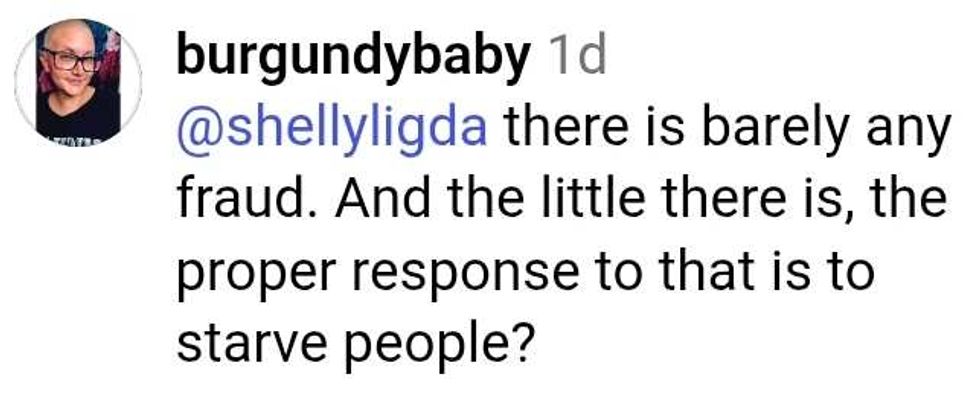 @reelmfishman/Instagram
@reelmfishman/Instagram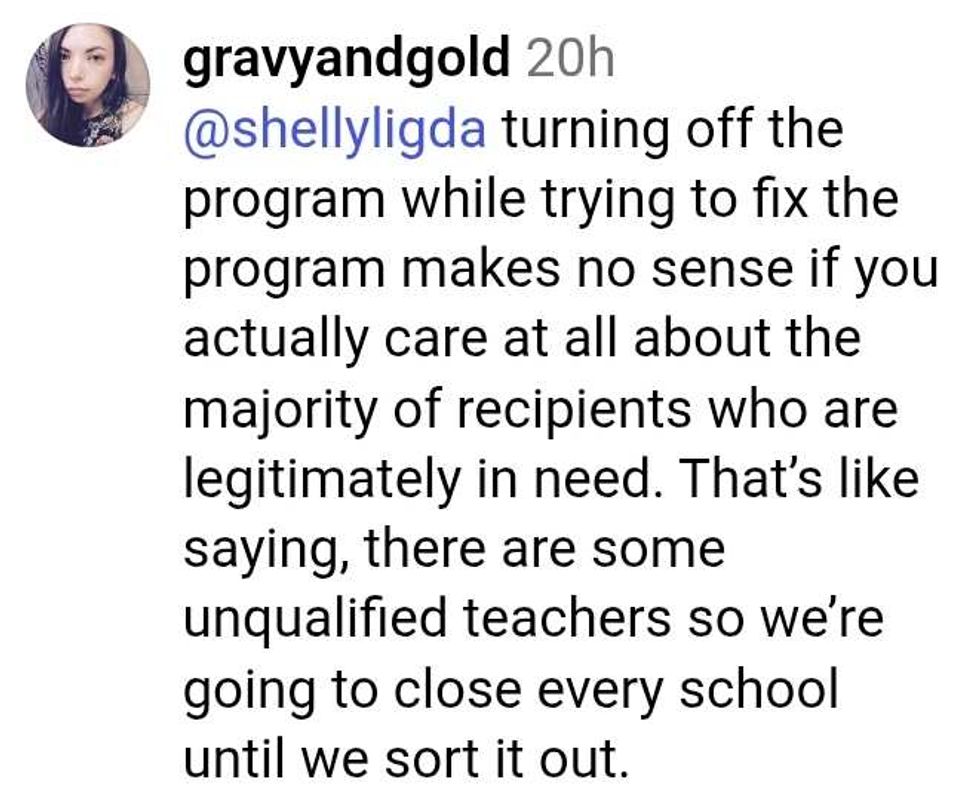 @reelmfishman/Instagram
@reelmfishman/Instagram @reelmfishman/Instagram
@reelmfishman/Instagram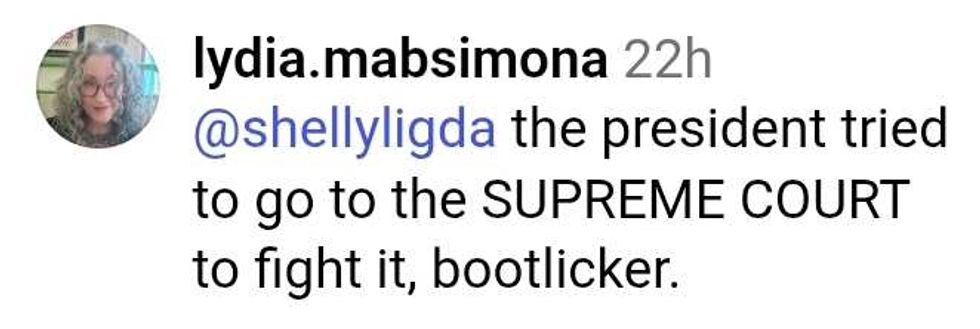 @reelmfishman/Instagram
@reelmfishman/Instagram @reelmfishman/Instagram
@reelmfishman/Instagram @reelmfishman/Instagram
@reelmfishman/Instagram @reelmfishman/Instagram
@reelmfishman/Instagram @reelmfishman/Instagram
@reelmfishman/Instagram @reelmfishman/Instagram
@reelmfishman/Instagram @reelmfishman/Instagram
@reelmfishman/Instagram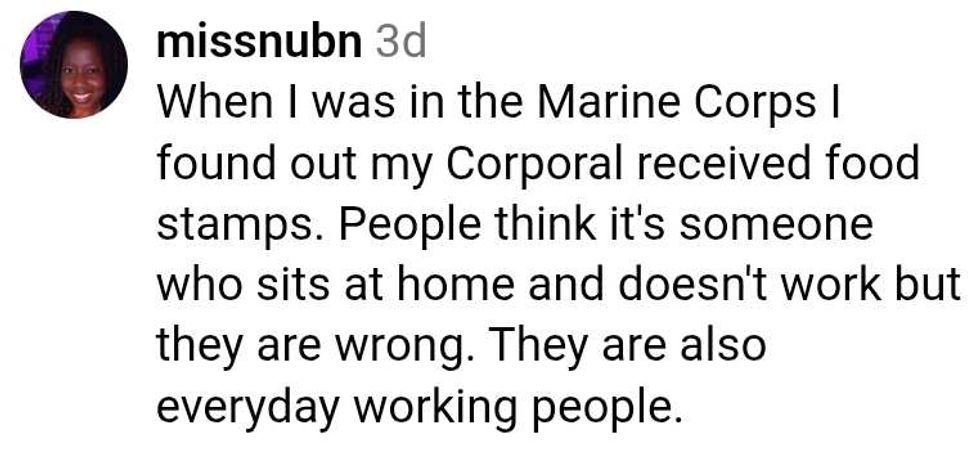 @reelmfishman/Instagram
@reelmfishman/Instagram @reelmfishman/Instagram
@reelmfishman/Instagram @reelmfishman/Instagram
@reelmfishman/Instagram @reelmfishman/Instagram
@reelmfishman/Instagram @reelmfishman/Instagram
@reelmfishman/Instagram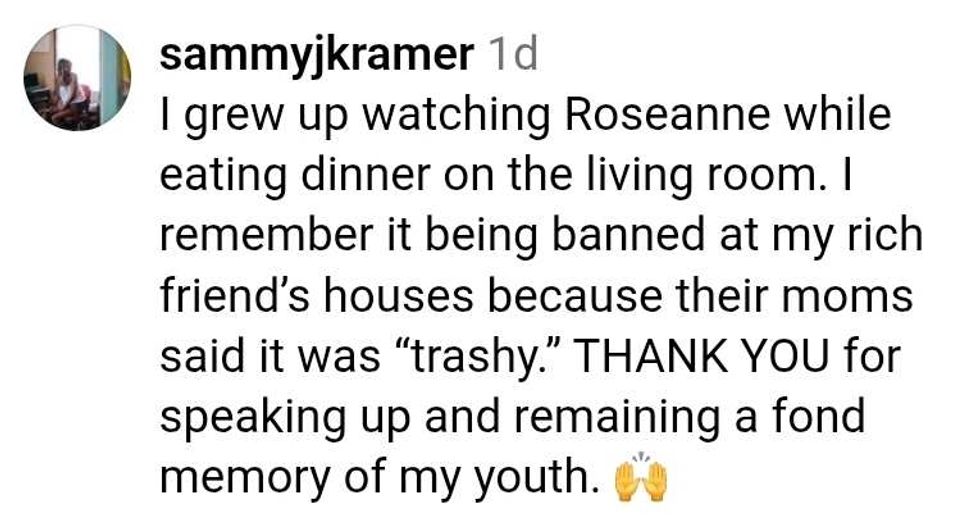 @reelmfishman/Instagram
@reelmfishman/Instagram @reelmfishman/Instagram
@reelmfishman/Instagram @reelmfishman/Instagram
@reelmfishman/Instagram



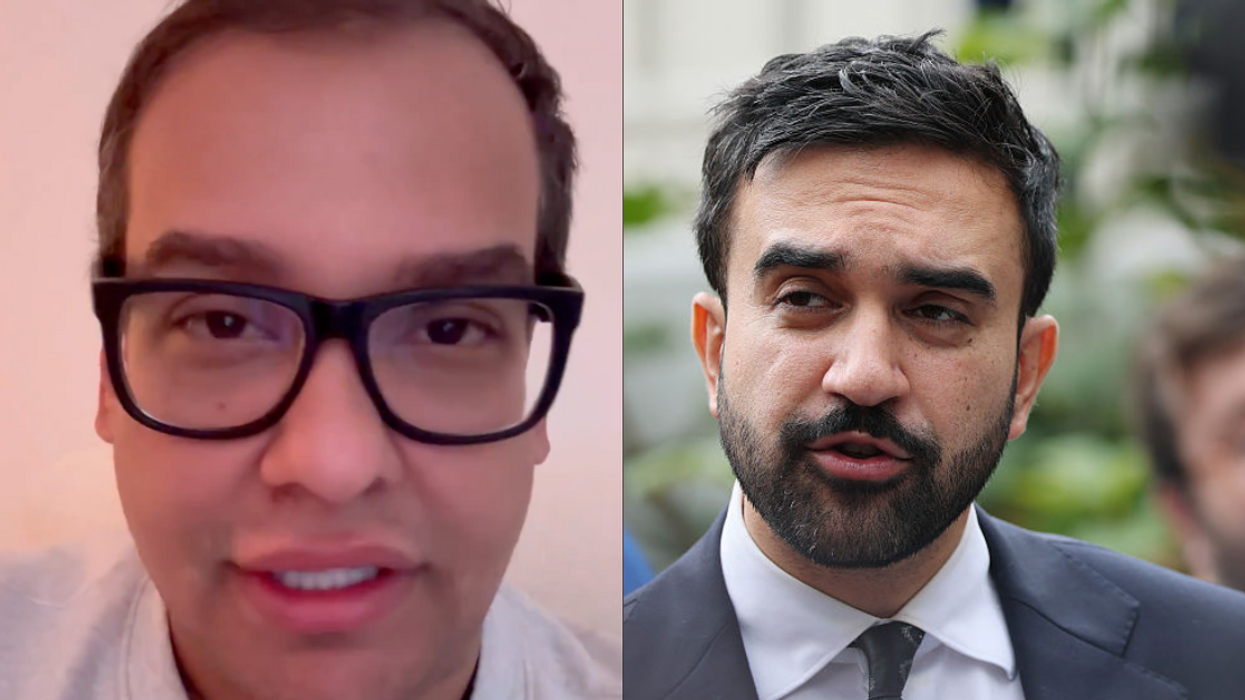
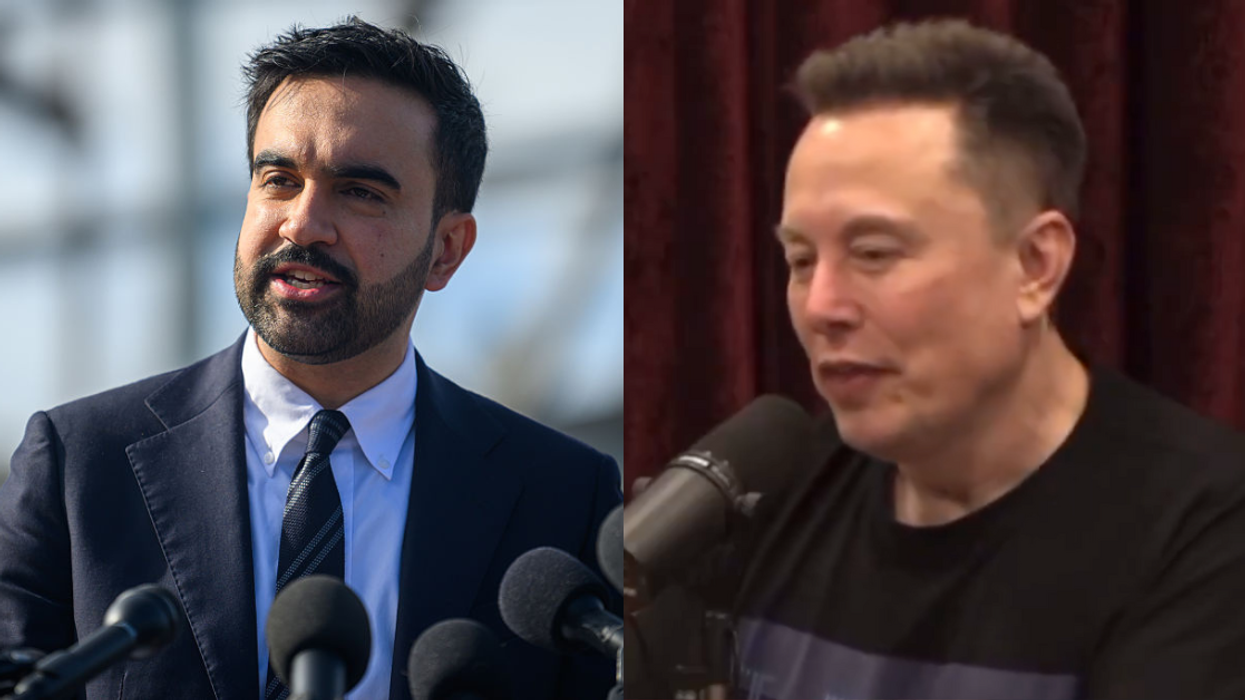

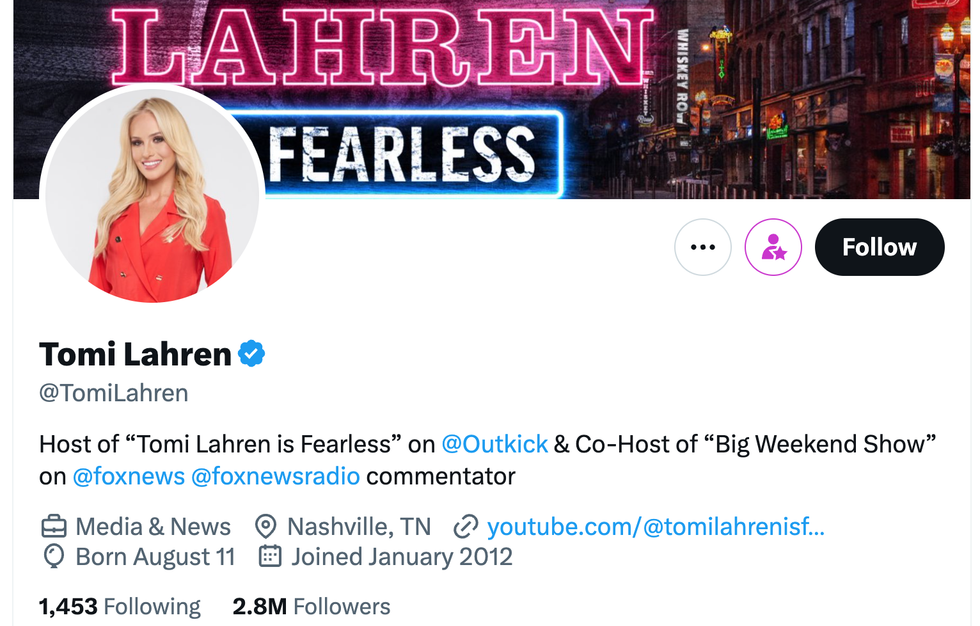 @TomiLahren/X
@TomiLahren/X
